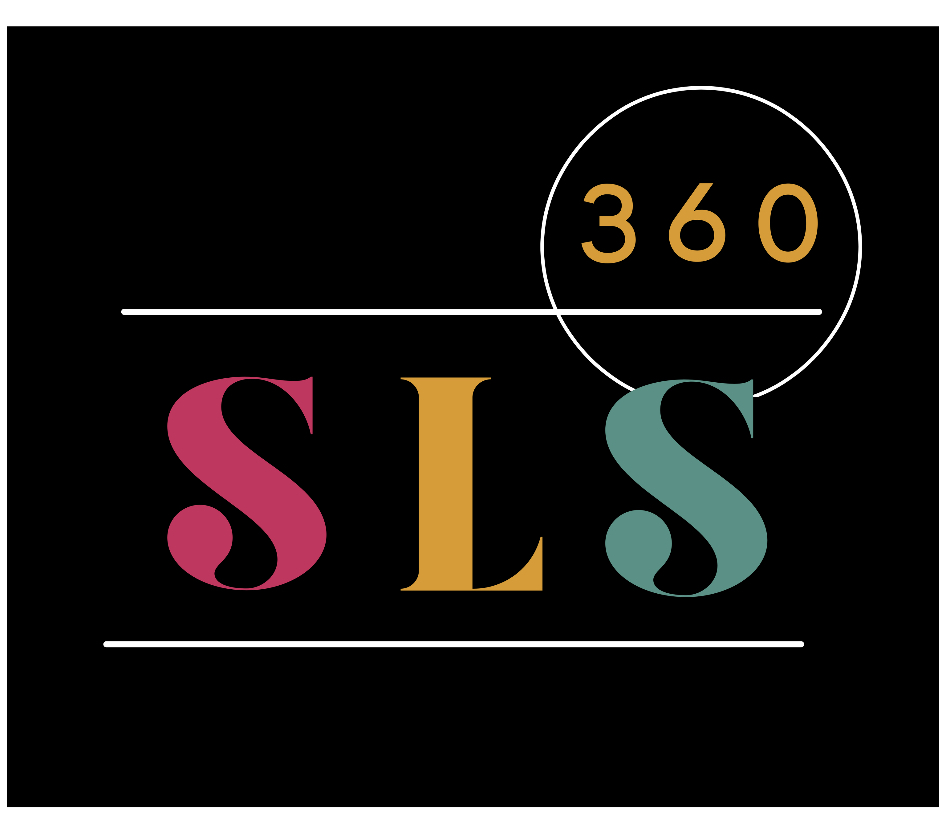The Importance of Allyship in Achieving EDI Goals
- SLS 360
- Jan 9, 2025
- 2 min read

In the ongoing journey toward equity, diversity, and inclusion (EDI), allyship remains a cornerstone of real, sustainable progress. At its heart, allyship is about actionable support—moving beyond performative gestures to actively challenge inequity, amplify marginalised voices, and drive systemic change.
As a Black woman navigating professional spaces that often lack diversity, I’ve experienced firsthand the transformative power of true allyship. Allies who have supported me, not just with words but with intentional actions, have helped to carve out opportunities and dismantle barriers that might have otherwise persisted. Their actions reinforced a vital truth: the responsibility for change doesn’t rest solely on those who face inequities. It is shared by all of us.
“At its heart, allyship is about actionable support moving beyond performative gestures to actively challenge inequity, amplify marginalised voices, and drive systemic change”
So what does allyship look like in practice? True allyship goes beyond posting hashtags or issuing statements. It’s about showing up, even when it’s uncomfortable, and leveraging privilege to create opportunities and advocate for change. Allyship requires education, courage, and consistent action.
Here are a few actionable ways to embody allyship:
Educate Yourself and Others
Allies take the initiative to learn about the lived experiences of marginalized groups, whether by reading, listening, or attending EDI training.
Speak Up Against Inequity
Allyship means addressing microaggressions, biases, and systemic issues whenever they arise. Silence is complicity, and allies must use their voices to challenge injustice.
Share Opportunities
Privilege is a tool, and allies can use it to create access. This could mean recommending a colleague from a marginalised group for a leadership course or role, mentoring underrepresented talent, or pushing for more equitable hiring practices.
Allyship doesn’t just benefit individuals—it transforms organisations and communities. It is not a one-time act; it’s an ongoing commitment that demands you actively work to dismantle inequities, both visible and invisible, in your personal and professional spheres.
So, ask yourself:
Are you speaking up when you see injustice?
Are you leveraging your privilege to create opportunities for others?
Are you actively seeking ways to challenge and change the systems around you?
“Allyship doesn’t just benefit individuals—it transforms organisations and communities”
At SLS 360, we champion allyship because we know that individual actions lead to collective change. In our work we encourage both individuals and organisations to adopt a proactive approach to allyship. Through workshops, coaching sessions, and tailored consultancy, we challenge people to confront biases and empower them to act as allies in meaningful ways.
For more on how SLS 360 can support your organisation in increasing the impact of allyship visit our website at www.sls360.org
This blog was written by Samantha Stimpson, CEO at SLS 360.







Comments